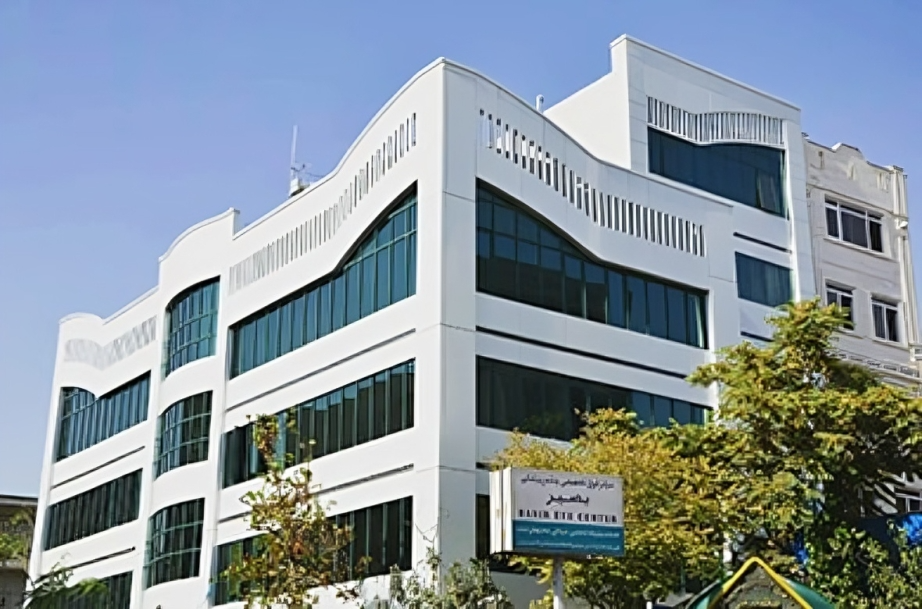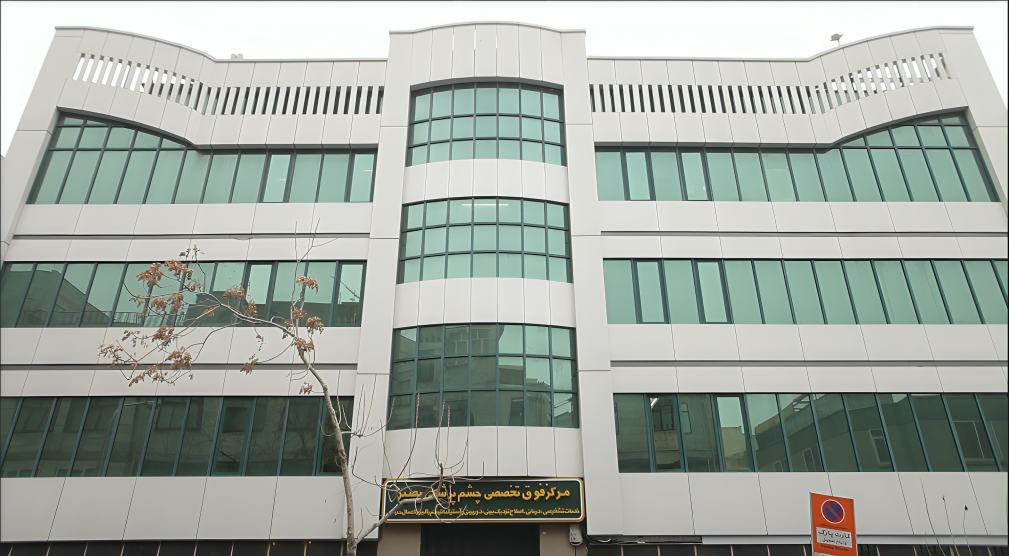Founded in 1993, Basir Eye Clinic holds the distinction of being Iran’s first specialized ophthalmology center. Located in Tehran, we’ve been setting the standard for eye care through:
✔ Cutting-edge technology matching global benchmarks
✔ Iran’s most renowned ophthalmologists on our team
✔ Affordable, high-quality treatments
✔ Comprehensive insurance partnerships for accessible care
Why Choose Basir?
World-Class Eye Care Services
-
Advanced Diagnostics: OCT, corneal topography, visual field testing
-
Laser Treatments: LASIK, PRK, glaucoma laser surgery
-
Surgical Expertise: Cataract, retinal, and corneal transplants
-
Specialty Clinics: Pediatric ophthalmology, neuro-ophthalmology
International Patient Services
-
10,000+ global patients annually
-
Dedicated International Department with:
-
Multilingual staff (English, Arabic, etc.)
-
Visa invitation letters
-
Airport transfers & accommodation
-
Tourist packages (Persian heritage sites)
-
Digital Healthcare Innovations
-
Online consultations pre-arrival
-
Virtual post-op follow-ups
-
Global doctor network for continuity of care
Technological Edge
-
Latest-generation excimer lasers for refractive surgery
-
Phacoemulsification systems for cataract removal
-
Micro-incision vitrectomy for retinal disorders
-
Wavefront-guided treatment platforms
Patient Experience
-
Same-day diagnostics for urgent cases
-
Transparent pricing with no hidden costs
-
Personalized treatment plans
-
Comfortable recovery lounges
Global Vision Restoration Initiative
We’re committed to eliminating preventable blindness by:
-
Offering pro bono surgeries in underserved regions
-
Training international ophthalmologists
-
Developing telemedicine programs for remote areas





